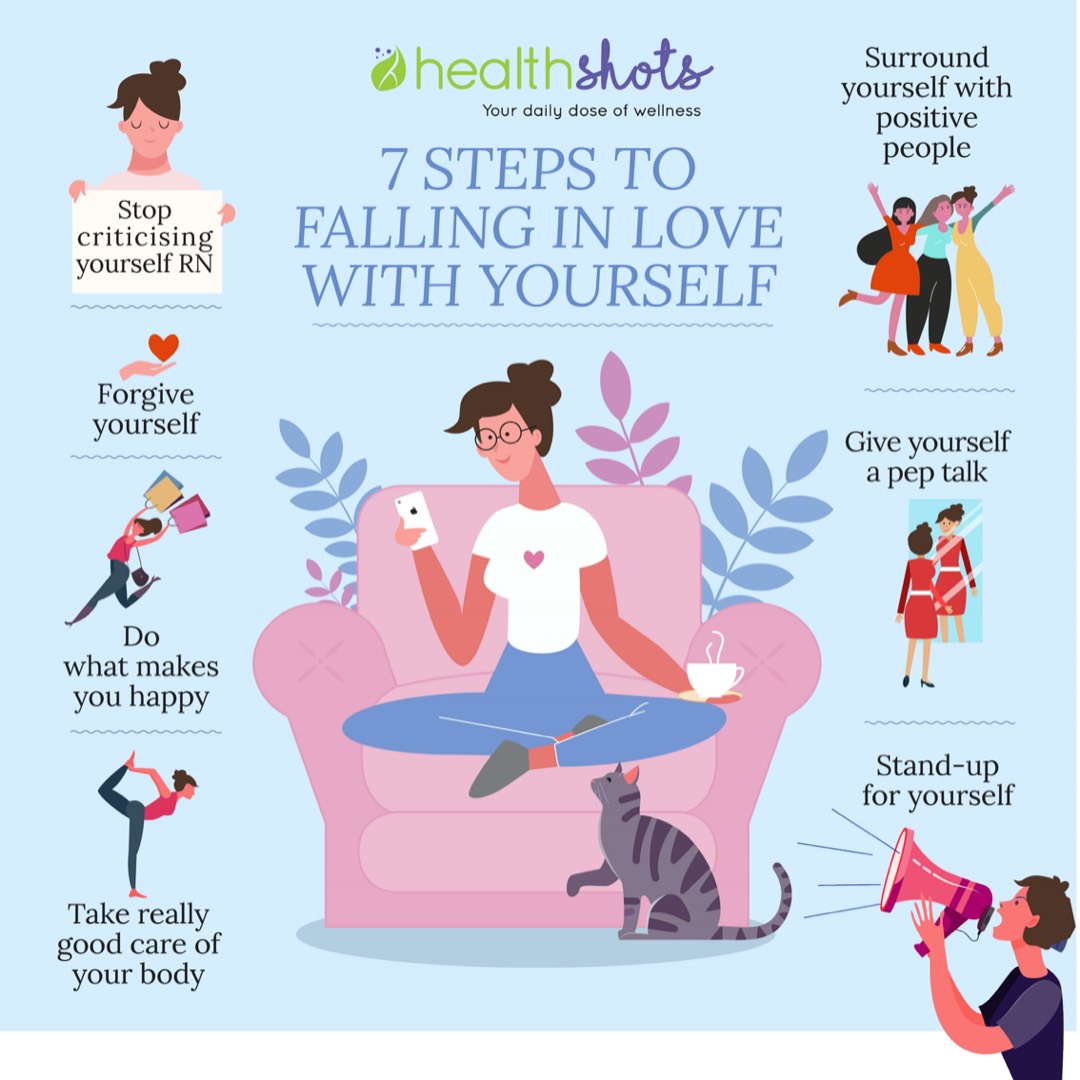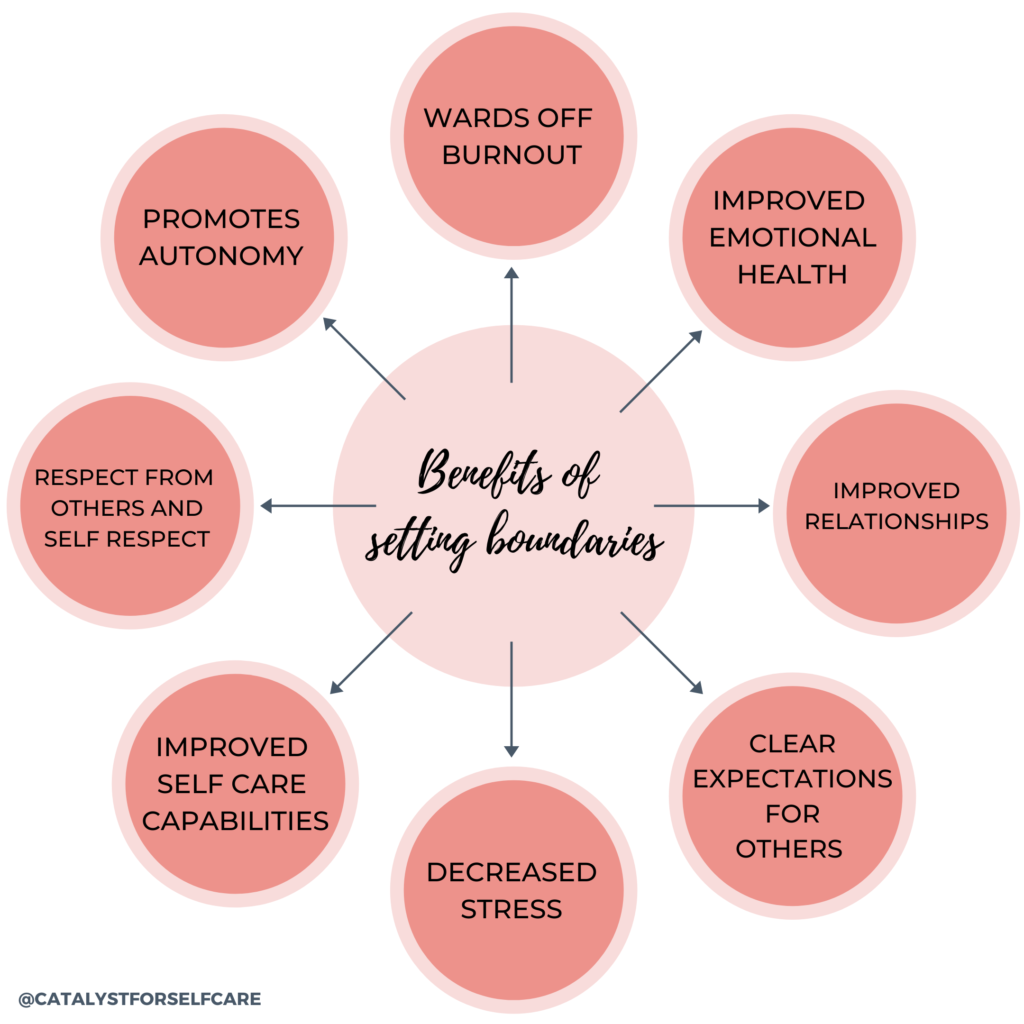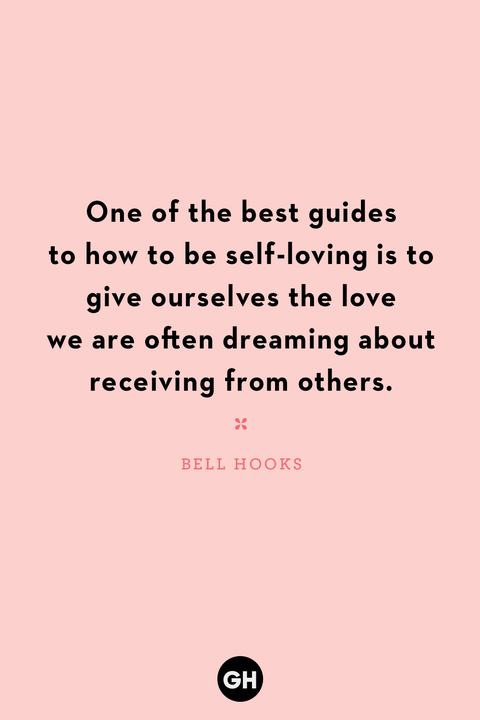Understanding Self-Love and Its Importance
Self-love is a vital aspect of overall well-being. It encompasses self-care, self-acceptance, and positive mental health practices. Embracing self-love means challenging societal beauty standards and defining beauty on one’s own terms. Psychology Today highlights the importance of self-love for personal growth and happiness.
A key part of self-love is gratitude for body functionality, strength, and resilience. It’s essential to develop a sense of comfort and confidence in one’s own skin. Adopting a self-care routine that nourishes the body physically, mentally, and emotionally can help cultivate self-love.
Setting boundaries is an act of self-love. Acknowledging and celebrating the journey of self-love and personal growth is crucial.

Forgiving oneself for negative thoughts or judgments about one’s body in the past is a step towards promoting self-love. Recognizing and affirming one’s own beauty, both inside and out, is essential.
Self-love is not only important for personal well-being but also for success in various fields. Studies show that people with high levels of self-love have more positive self-esteem and are less likely to experience anxiety and depression. Promoting self-love and mental health awareness can improve relationships and lead to more fulfilling personal and professional lives.
Spreading the Message of Self-Love
Danni Adams, a mental health advocate, has been working to promote self-love and mental health awareness. She created Self-Love Day and the “I’m Proud of You Sis” podcast, encouraging listeners to challenge preconceived notions and embrace their potential. Her work contributes to a more inclusive and equitable society while making meaningful impacts on individuals’ mental health and overall well-being.
In summary, self-love is a continuous journey rather than a destination. It plays a crucial role in personal well-being, success, and relationships. By understanding its importance and practicing self-love, individuals can lead happier, healthier lives.
Practices for Cultivating Self-Love
Cultivating self-love is a journey that involves embracing various practices and techniques. By incorporating these habits into your daily life, you can foster a positive relationship with yourself and improve overall well-being.
Mindfulness and Self-Compassion
One essential practice for developing self-love is mindfulness. By being present and aware of your thoughts and feelings, you can combat negative self-talk and foster self-compassion. Meditation is an effective way to cultivate mindfulness and can be practiced in various forms, such as guided meditation or deep breathing exercises. Headspace is a popular app that offers guided meditation sessions for beginners and experienced practitioners alike.
Positive Affirmations
Positive affirmations are powerful tools for building self-love. These are short, uplifting statements that you can repeat to yourself daily, such as “I am worthy of love and happiness” or “I am strong and capable.” By regularly reciting these affirmations, you can rewire your brain to focus on your strengths and accomplishments, rather than dwelling on self-doubt or criticism.

Self-Care Practices
Taking care of your physical, emotional, and mental well-being is crucial for cultivating self-love. Engage in activities that bring you joy and relaxation, such as exercise, creative expression, or spending time in nature. Establishing a self-care routine that includes activities like journaling, gratitude practice, or pampering yourself can also contribute to building self-love.
Forgiveness and Understanding
Forgiveness is essential in developing self-love. It’s important to recognize that everyone makes mistakes and that it’s okay to be imperfect. By forgiving yourself for past errors and moving forward with compassion and understanding, you can cultivate a more loving relationship with yourself.
Connecting with Others
Engaging in community service or volunteering can also promote self-love and mental well-being. By helping others and connecting with like-minded individuals, you can foster a sense of purpose and belonging, which contributes to a positive self-image.
Incorporating these practices into your daily life can help you develop self-love and improve your overall mental health. Remember, self-love is a continuous journey, and it’s essential to be patient and compassionate with yourself as you grow and evolve.
Overcoming Negative Self-Talk
Negative self-talk can be a significant obstacle in the journey towards self-love. It’s essential to combat these negative thoughts and promote positive thinking to nurture self-esteem and personal growth. In this section, we’ll explore various strategies to overcome negative self-talk and foster a positive mindset.
Becoming Aware of Negative Self-Talk
The first step in combating negative self-talk is to become aware of it. Pay attention to the thoughts that run through your mind and identify any patterns of negativity. Once you recognize these thoughts, you can begin to challenge and reframe them into more positive and constructive ones.
Practicing Self-Care and Engaging in Fulfilling Activities
Taking care of yourself physically, mentally, and emotionally is crucial in developing self-love. Engage in activities that bring you joy and fulfillment, such as exercise, meditation, or pursuing a hobby. Prioritizing self-care can help reduce stress and promote positivity.
Celebrating Milestones and Seeking Uplifting Relationships
Acknowledge and celebrate your achievements, no matter how small they may seem. Surround yourself with positive, supportive people who uplift and encourage you.

These relationships can help combat negative self-talk and boost your self-esteem.
Embracing Mindfulness and Self-Compassion
Practicing mindfulness can help you become more aware of your thoughts and emotions, making it easier to combat negative self-talk. Additionally, treating yourself with kindness and compassion can help reduce self-doubt and improve self-esteem. Mindful.org is a great resource for learning more about mindfulness practices.
Seeking Support and Continual Learning
Don’t be afraid to seek support from friends, family, or a mental health professional if you’re struggling with negative self-talk. Continually learning and growing can also help you build self-awareness and develop a more positive mindset.
By implementing these strategies, you can overcome negative self-talk and cultivate self-love. Remember, the journey towards self-love is an ongoing process, and it’s essential to be patient and kind to yourself along the way.
Setting Boundaries for Self-Love
Establishing healthy boundaries is a crucial aspect of nurturing self-love and inner peace. By setting limits, you can protect your mental and emotional well-being, ensuring that you have the energy and focus to prioritize self-care and personal growth.
Journaling and Mindfulness Practices
Incorporating prompts into your journaling routine can help you reflect on your boundaries and identify areas where you may need to make adjustments. Mindfulness practices, such as meditation and yoga, can also contribute to self-awareness and stress reduction, making it easier to set and maintain healthy boundaries.
Consider the Cost of Saying Yes
Before agreeing to do something for someone else, evaluate if you have the energy and resources to fulfill their request. Remember that it’s okay to say no and prioritize your own needs, as this contributes to self-love and inner peace.
Effective Communication
Express your needs and expectations clearly and respectfully to others. This ensures that your boundaries are understood and respected, fostering a sense of security and stability in your relationships.
Self-Care and Personal Well-Being
Setting aside time for self-reflection, taking breaks when needed, and nurturing yourself with healthy habits are essential components of boundary-setting.

By prioritizing self-care, you create a strong foundation for self-love and overall well-being.
Boundaries in Relationships
Healthy boundaries are the foundation of strong relationships, particularly when challenges like addiction are present. Communicate your boundaries clearly and consistently, emphasizing that they are meant to safeguard your own mental and emotional health, rather than punish or control your partner. Seek support from professionals and connect with others who understand your experiences, such as Al-Anon support groups for partners of addicts.
Work-Life Balance
To maintain a healthy work-life balance, avoid checking work emails or taking work-related phone calls during personal time. Prioritize self-care activities like exercising, meditating, or practicing yoga, and learn to say no to work-related tasks that may interfere with your personal life.
By implementing these strategies, you can establish healthy boundaries that protect and nurture self-love, leading to improved overall well-being and more fulfilling relationships.
Self-Love and Relationships
Self-love plays a crucial role in building and maintaining healthy relationships. It involves accepting and valuing oneself, having boundaries, and taking care of physical, emotional, and spiritual well-being. When we practice self-love, we can develop stronger and more fulfilling connections with others.
Boosting Self-Esteem
A lack of self-love can lead to low self-esteem, which hinders our ability to form healthy relationships. By cultivating healthy self-esteem, we can improve our mental health and overall well-being. Some strategies for boosting self-esteem include treating oneself with kindness, prioritizing self-care, and acknowledging strengths. Practicing self-love can lead to increased self-esteem and confidence, positively impacting all areas of life, including relationships.
Teaching Teens About Self-Love
Encouraging self-love in teens is essential for their future relationships. It can reduce the likelihood of them experiencing dating abuse. Teaching teens about consent, respect, and communication in relationships is also crucial.



